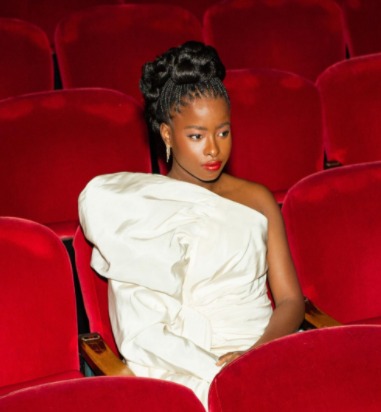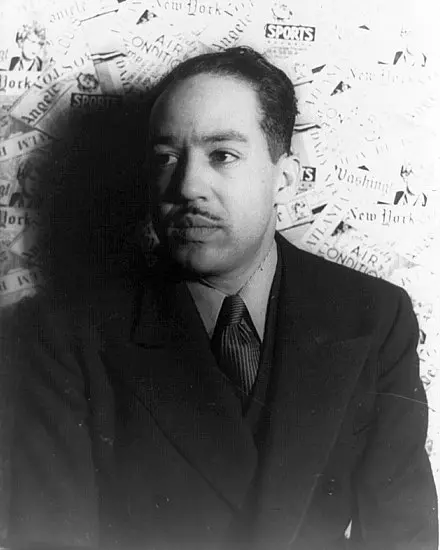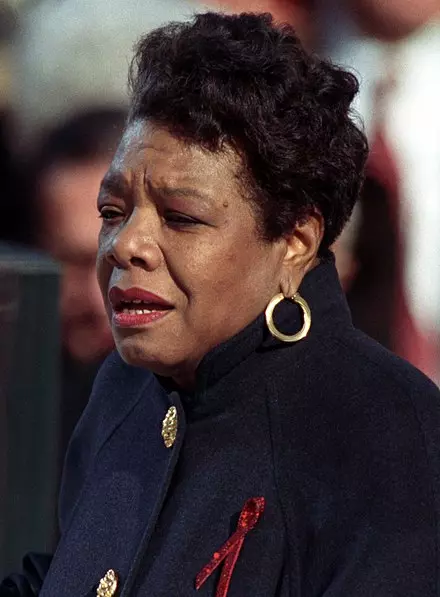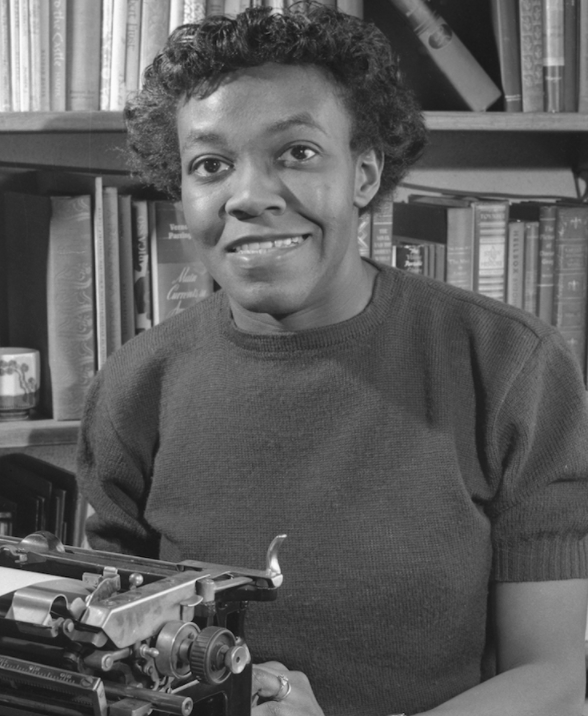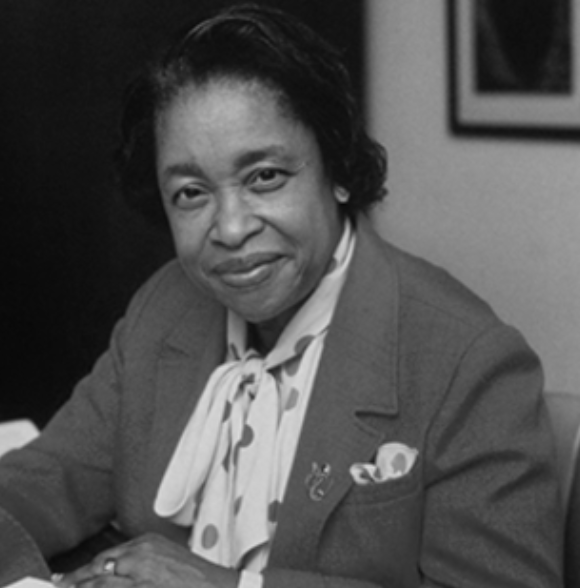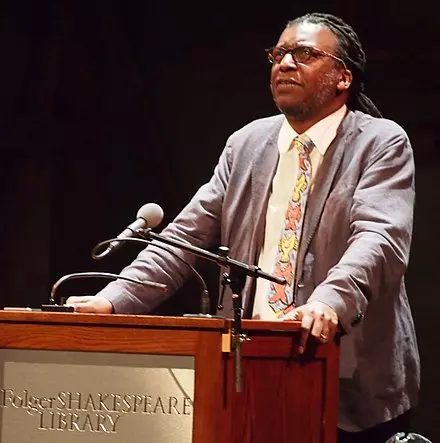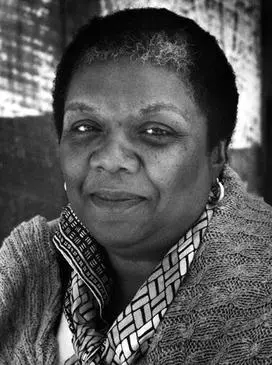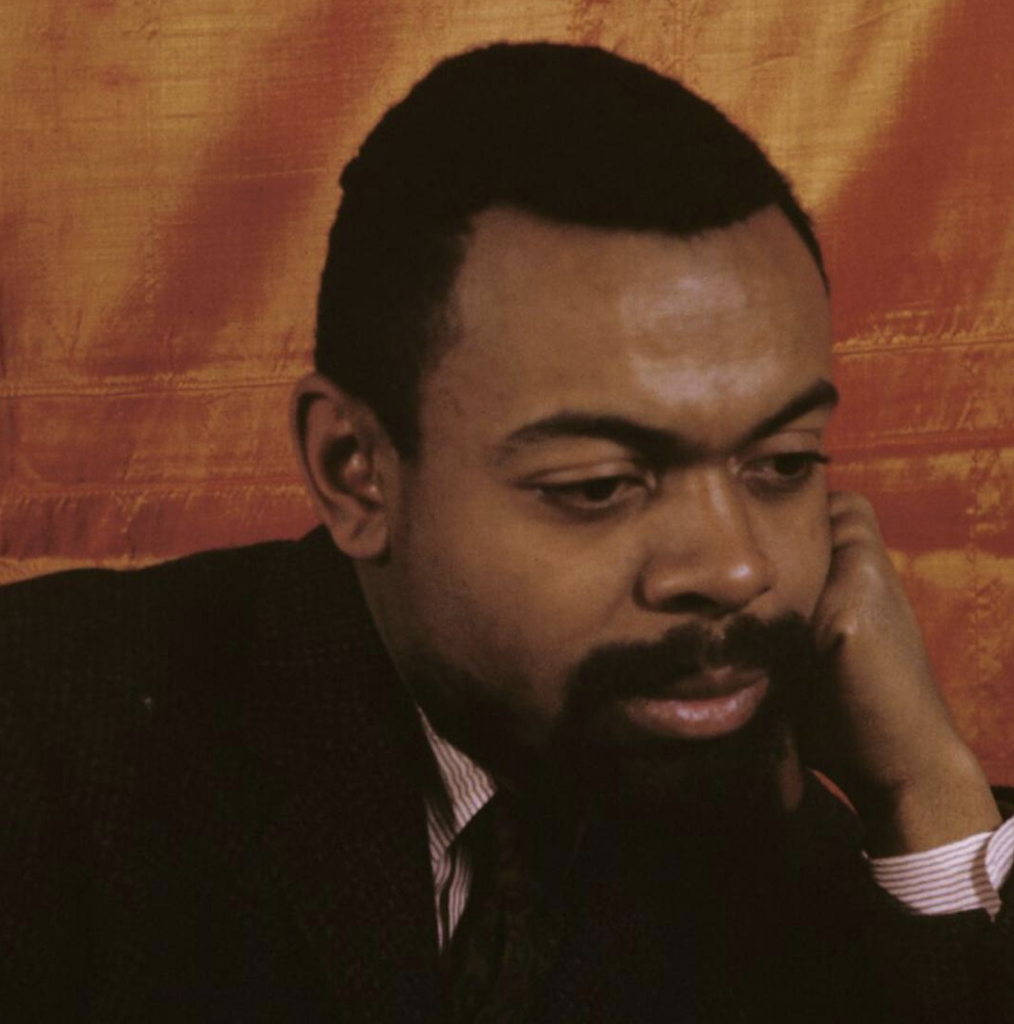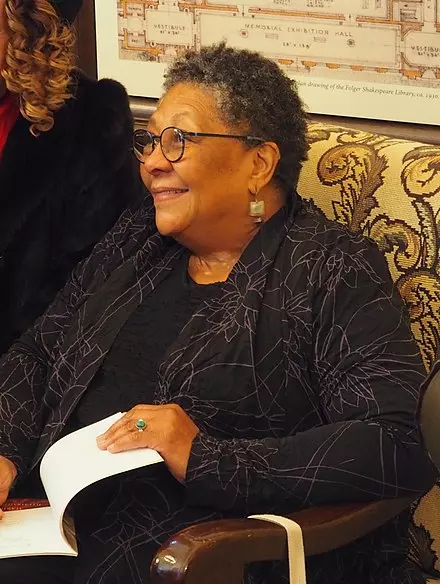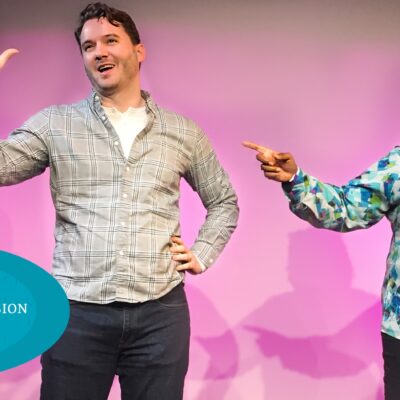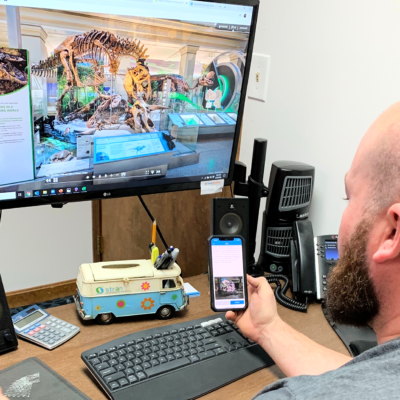Take time to explore these inspiring Black History poems this year during Black History Month, which is observed each February.
Black History Month is a time to celebrate the lives and accomplishments of all those in the African American community. While we should all celebrate Black History every month, this dedicated time allows everyone to share, remember, and embrace the influence of Black heritage and culture.
To celebrate Black History Month, we chose 11 inspiring Black History poems to explore the rich tradition of Black poetry. We’ve also highlighted other ideas for Black History Month at work to help you celebrate in a respectful manner.
How to Celebrate Black History Month at Work
Are you looking for a way to recognize Black History in the workplace? These short poems for Black History Month are a good place to start.
While these poems of Black History are just the tip of the iceberg of what needs to be commemorated, the lasting inspiration of literature is essential when honoring history. It allows for the injustices, accomplishments, and thoughts of the Black Community to always shine and be expressed.
TeamBonding Celebrates Black History
At TeamBonding, we strive to offer opportunities for companies to learn about diversity and inclusion. Check out our Diversity & Inclusion Programs here.
One of our favorite activities for Black History Month is our Almost Anything Goes Black History Month Trivia. This activity helps spotlight the diverse history and contributions of African American arts and artisans. We explore visual and performing arts, literature, fashion, film, music, and more!
11 Inspiring Black History Poems We Love
These poems are a great place to start if you’re looking for a Black History poem to display during Black History Month or you’d like to feature African American History poems in your daily newsletter during February.
“New Day’s Lyric” by Amanda Gorman
“New Day’s Lyric” was written by Amanda Gorman, the first-ever National Youth Poet Laureate. Gorman was chosen in 2020 by President Biden to read her poem “The Hill We Climb” for his inauguration in 2021.
She uses poetry to reflect the current age of oppression, race, feminism, and marginalization. Just in time for 2022, Gorman released “New Day’s Lyric” on Instagram in honor of the new year and to inspire hope and change.
“I, Too” by Langston Hughes
This is one of the most famous poems about Black History. It was written by Langston Hughes, an important writer and figure during the time of the Harlem Renaissance. It encapsulates the deep history of oppression and racism for black men living in America.
Hughes uses African American history poems to speak out about this blatant discrimination in the 20th century. His poetry conveys that he, too, is just as much an integral part of America despite being constantly pushed aside by the white majority because of the color of his skin.
He speaks on the painful subject of racism while expressing that one day, all will value the beauty and power of African American culture. Although written years ago, this poem embodies how the Black Community felt, and still feels, here in America.
“Caged Bird” Maya Angelou
This poem, published in Maya Angelou’s 1983 poetry collection “Shaker, Why Don’t You Sing?” describes the different experiences of two birds. One is caged and suffers due to being held in captivity, while the other is free to live and roam the world with no restraints.
Because of its harsh reality, the caged bird turns to sing and longs for freedom. Angelou uses this metaphor to express the pain of oppression and highlight the contrasting privileges within our society. It is among the most moving African American poems in history and sadly still rings true today.
“Primer for Blacks” by Gwendolyn Brooks
Gwendolyn Brooks was the first African American poet to win the Pulitzer Prize. She is one of the most influential poets to come out of the 20th century.
In this Black History poem, she talks about how vital it is to accept one’s black heritage. By empowering the audience to do so, she believes that a better perception of self-worth will encourage a stronger and more unified future.
Brooks looks down on the fact that people may believe being white is a great thing and something for all to yearn for. Instead, she asserts that unless individual beliefs are changed, nothing will change at all.
“For My People” by Margaret Walker
Margaret Walker is a poet and novelist from Birmingham, Alabama. In this Black History poem, she addresses the devastating history of slavery and the continuing effects of racism that were and still are endured by people of color.
This poem was written in the 1930s and expresses how Walker yearns for a better future for children and people of color, where equality and freedom will heal the wounds of the past. This collection of poetry awarded Walker as the first black woman to receive the Yale Series of Younger Poets award.
“Nina’s Blues” by Cornelius Eady
Cornelius Eady is an American writer from Rochester, New York, who focuses most of his writing on jazz and the blues, life, and societal problems that often stem from race and class issues.
Eady is a co-founder of Cave Canem, a national organization for Black poets and poetry. In this poem, he praises Nina Simone, a legendary singer, performer, and Civil Rights activist.
“Won’t you celebrate with me” by Lucille Clifton
In this poem, self-love and perseverance are powerful and evident—it was written by Lucille Clifton, who is known for writing about gender and racial bias in society. Beginning with a call to action, Clifton asks her audience to celebrate her accomplishments with her.
Despite being a prolific author of literature and renowned poet, she faced a great deal of prejudice and a lack of models to look up to as a black woman. At this time, TV, film roles, and important positions were largely given to white men, leaving Clifton to wonder, “What did I see to be except myself?”
She focuses on the idea that she herself is the only person responsible for the great accomplishments she has made throughout her life and calls the audience to look at how she got there and celebrate with her.
“Still I Rise” by Maya Angelou
This poem by Maya Angelou embodies the struggle of dealing with and overcoming racial oppression and prejudice. She dismisses oppressors who might have thought they could stop her from achieving her goals. Its message is consistent with her other work, encouraging and reminding those who face the daily struggles of racism that they will rise up.
“Black is Beautiful” by Shannon D. Brown-Rogers
In this poem, Shannon D. Brown-Rogers tells a story of self-worth. She expresses her love for the color of her own skin in a story of self-acceptance. This is one of the most straightforward and powerful Black History poems around, and it’s always a valuable share at any time of the year.
With the use of similes, Shannon created a piece that speaks to the happy memories in life and reminds everyone that being black is as beautiful as all of those things. Reminding oneself that Black beauty is timeless creates a timeless and powerful message.
“Short Speech to My Friends” by Amiri Baraka
Amiri Baraka is a Black poet, activist, and scholar. The message of this poem is to raise people’s consciousness and help them see the world and themselves more clearly. He expands on his belief that in order to move forward as a society, we must learn from the oppression and minority of culture that Black people experience every day.
“Green-Thumb Boy” by Marilyn Nelson
This poem was published in Marilyn Nelson’s collection “Carver: A Life of Poems.” It is written about George Washington Carver. Nelson has received several awards for her work, including the Newbery Honor Book Award, Michael L. Printz Honor Book Award, Coretta Scott King Honor Book Award, and Lee Bennett Hopkins Poetry Award.
In this poem, Carver wishes to learn, help, and educate himself so that he can help the poor black farmers in the South. Throughout Carver’s life, he faced several injustices, none of which he let control the fate of his life and his desire to aid other people.
Other Ways to Celebrate Black History Month
If you’re planning activities for Black History Month, there are many meaningful ways to honor the contributions and achievements of the Black Community. Here are some impactful Black History Month ideas to help you create a memorable and respectful celebration.
- Black History Month icebreakers: Use these Black History poems as icebreakers or get-to-know-you games in the office. You might divide into groups to discuss each poem or invite team members to share their favorite Black History poems with each other.
- Donation drive: Organizing a month-long donation drive to support Black-owned nonprofits is a good way to support your community. Reach out to these nonprofits and ask them what they need most.
- Support Black-owned businesses: Contact Black-owned businesses in your community and ask how you can support them. You might offer them a chance to share business cards or speak to your teams in person.
Remember, it’s important to approach these celebrations with thoughtfulness and inclusivity. We recommend inviting input from your team—particularly Black colleagues and those with Black loved ones—to ensure the activities reflect diverse perspectives and experiences.
By taking steps like these, you can create an environment that celebrates Black History, helping to foster a culture of respect, understanding, and allyship year-round.
Celebrate Black History Month With TeamBonding
These Black History poems are just the beginning. It’s essential to celebrate culture in the workplace every day. For Black History Month, we have created and tailored programs to do so.
Explore parts of the Smithsonian National Museum of African American History & Culture with our Virtual Museum Scavenger Hunt program. We also offer African American history and culture-themed trivia and game shows like Anything Goes Trivia or Jeopardy!® that will be sure to educate and engage your team!
Contact us today to explore our programs and find the perfect activity to honor Black History Month with your team.
